Blog

Leadership Reflections from a 1st Year AP
Starting my journey as a first-year assistant principal at a K-5 Elementary school marks a significant shift after 15 years in education, transitioning from special education teacher to higher education professor and supervisor of student teachers. Despite opportunities to pursue leadership earlier, I hesitated, realizing the importance of aligning my values with those of past school administrators. Observing a trend of leaders with limited classroom experience, I recognized the crucial link between strong leadership and pedagogical expertise.

Unleash Your Thoughts: Access to Learning to Read is a Civil Rights Issue.
Yes, there is a period at the end of that title, because it is a statement. It is a fact. Jenny Mackenzie and Levar Burton wrote and produced an amazing film, “The Right to Read,” that addresses this issue. “The Right to Read shares the stories of an NAACP activist, a teacher, and two American families who fight to provide our youngest generation with the most foundational indicator of life-long success: the ability to read.” If you haven’t had an opportunity to view the film, I completely recommend you take an hour out of your day, if you have a screening available in your area or can request a screening for you and your friends, coworkers and family. No one is too young or too old to get involved.
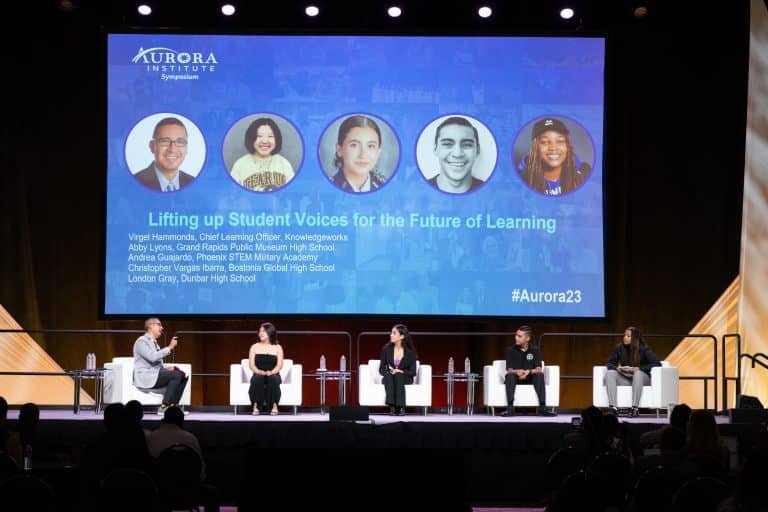
Stories and Ecosystems at #Aurora23
So many of us were talking about story at #Aurora23, and so many of us were talking about ecosystems. Even better, so many of us were talking about the two themes in tandem – how the stories and ecosystems reflected and amplified each other. By pointing out how others are talking about these two big ideas, I hope to help you consider these themes and how deeply related they are to each other.
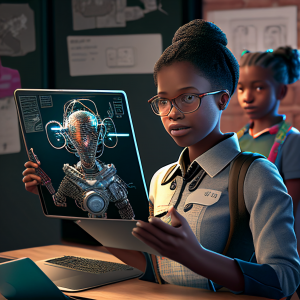
A Provocation: Where is AI’s Place in Education?
Most things I have read are doom and gloom about how AI will replace people in various industries. People in the education sector see AI as something that will make kids lazy. Teachers worry that students will be able to cheat easier. How will we be able to grade their writing assignments? How will we know whether a student completed an assignment or a computer? The list of questions goes on and on.

Forging a New Trail
“Have you been to Hancock Falls?” A neighbor recently asked me this question. I am fortunate to live in a place where there are hiking trails right off my driveway. I’d been to Thompson Falls, as that trail is well marked. But Hancock Falls? I’d never seen a sign or any marking on a trail map. I asked my neighbor to point out the trail. His response surprised me. He shared the general direction in which to head, but then explained I would have to “bushwhack” when I came to the end of the trail. For those who are not familiar with the term, it meant I had to leave the marked trail and venture further into the woods if I wanted to find the falls.
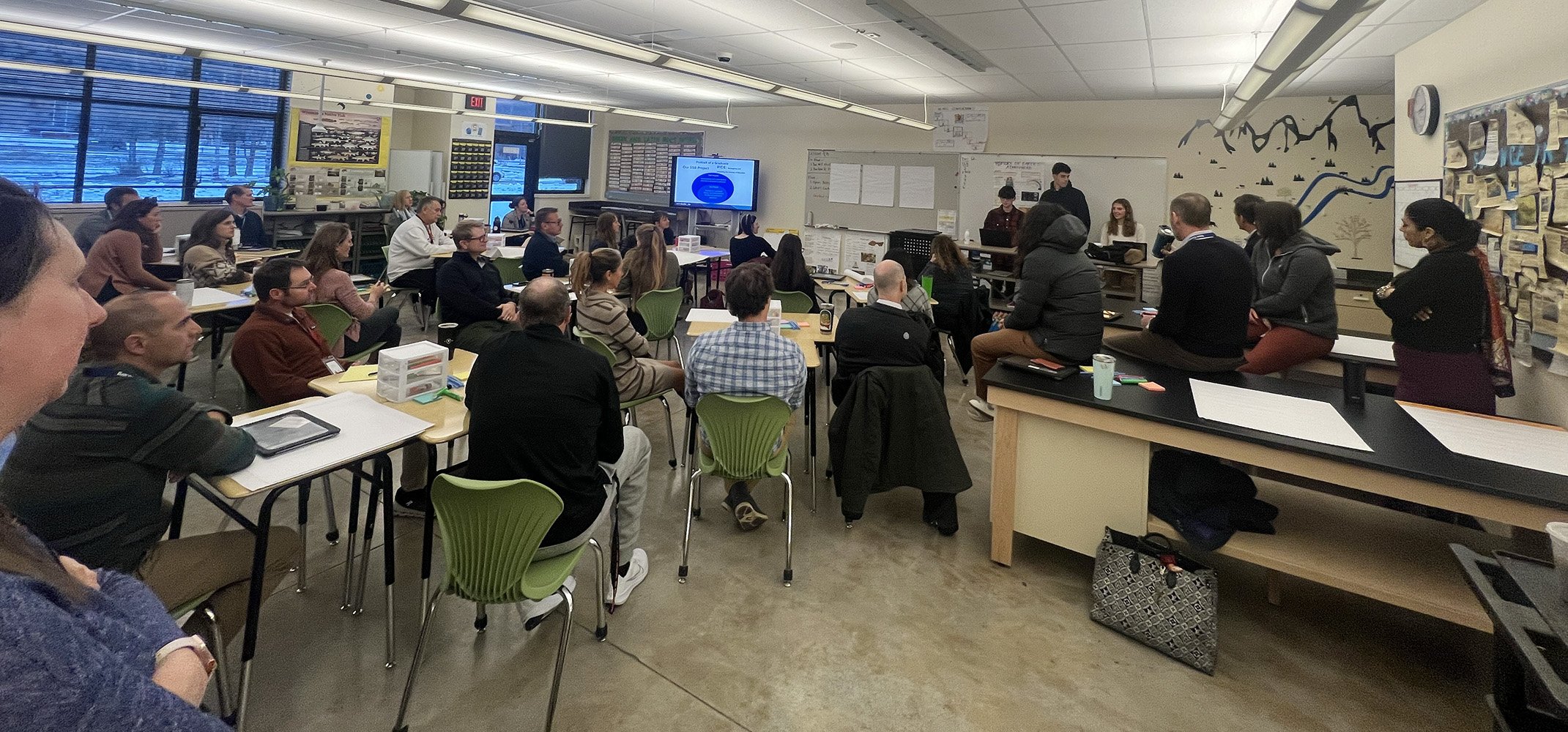
Wyoming: When Dreams Become Reality
It’s a very powerful thing when educators are allowed to dream up what they think is best for their students, even more powerful when they can turn these dreams into reality.
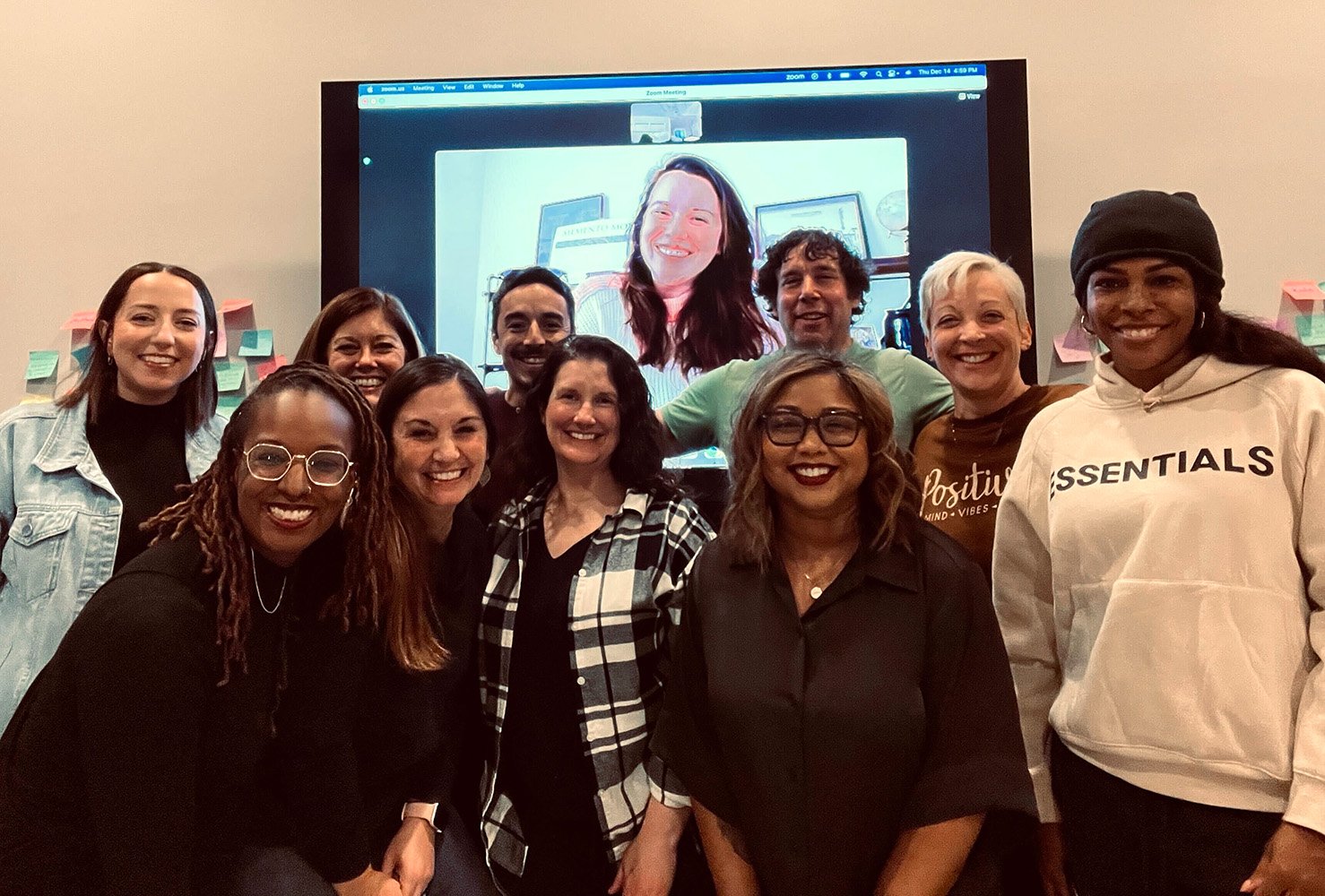
Conversations on Diversity, Equity and Inclusion
At 2Revolutions, we work to build more equitable learning environments for all learners through learner-centered pedagogies and leadership. To that end, we model and support mindsets that value all learners' identities, including their academic, developmental, cultural, and social-emotional contexts and motivations.
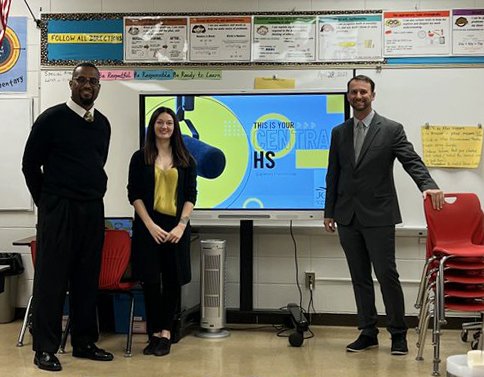
Equity-Centered Leadership Development Across Jefferson County Public Schools in Partnership with Spalding University and 2Revolutions
A transcript for conversation between Dr.Glenn Baete and Dr. Shamara Graham.

A Delicate Balance: The Choreography of Equity in the Classroom
How do we balance the demands of DEI in education with the perennial demands for education to prepare our students for a world that they can only begin to imagine? Our moral imperative as education practitioners is to provide students with an education that allows them to envision and create the society that should be, not what was.
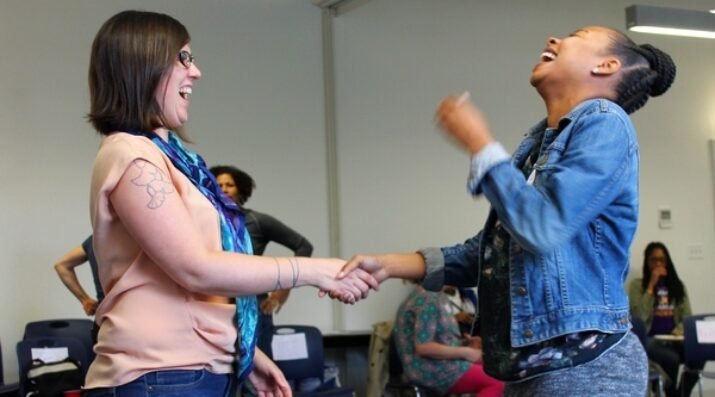
“Keep a Swing in Your Step and a Song in Your Heart:” Music as Self Care
Educators know they need #SelfCare, but how can they do that in a profession that inherently encourages putting others first? These examples make self-care concrete and implementable.
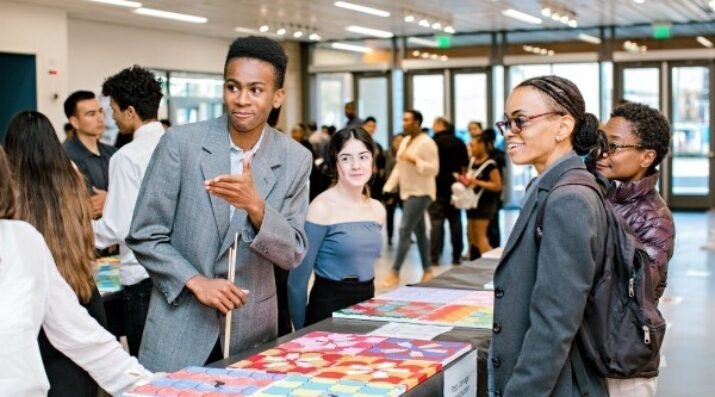
Teaching Portrait of a Graduate Skills
What is it like for teachers when their school district adopts a Portrait of a Graduate?
Find out how teachers are changing their role, mindset, and instructional practices to help their students develop graduate portrait skills.

Change is a Two-Way Street
This style of learning adopted by the public school system does not guarantee that learning is evident nor does it ensure mastery of competency of content. A collaborative approach with a focus on a learner-centered style of teaching is essential. Focusing on the student, emphasizing individual learning styles, and allowing authentic learning to happen are necessary for a learner-centered model.
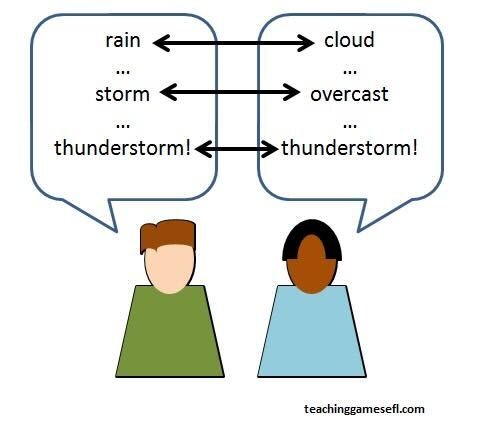
Say the Thing.
As an organization of former and current educators and leaders, we at 2Revolutions are consistently engaging in the difficult conversations and training for a constant cycle of improvement. When you are in the education world, you know there is never a point in time when you do everything exactly the right way, and when you have learned everything possible. There is always room for growth and things that need to be learned, unlearned, enhanced and changed. We all are human first and we all have flaws. A diamond with a flaw is more valuable than a brick without a flaw. What are you allowing to weigh you down? Throughout the last couple of months, a trend has emerged in our conversations, in our partner meetings, in planning for our internal development sessions, and amongst our coaching staff: that trend is where the title comes from for this piece. “Say the thing.”

Global Labs Network: A Community of School Leaders
Global Lab Schools are a community practice that is driven by a focus on instruction, and is anchored in learner-centered and equitable practices. Throughout the school year, coaches from 2Revolutions and partners from overseas, work with school leaders and their implementation teams to determine school-wide opportunities and build skill sets and systems that will prioritize those opportunities into growth.

Towards More Learner-Centered Classrooms: One Educator’s First Steps
The title of teacher or educator is deceptively simple and often misunderstood. Even years into the profession, my own definition was rigid and held both myself and my learners back behind artificial barriers. Teachers are role models and mentors, trail guides and cheerleaders, we are counselors and experts, we inspire, and we are artists of the human mind. It is only by embracing this broader and evolving definition that educators can continue to grow, enhancing their practice to be more learner-centered to truly meet the needs of today’s students.

Individual Impact Leads to Systemic Change: Lessons from Professional Learning
“I’ve been teaching for 13 years, and just 2 terms in, I realize what I thought was good teaching wasn’t that good.” This is just one of the countless stories we’ve heard over the years of facilitating professional learning for educators and leaders. Since 2020, 2Revolutions has partnered with Spalding University to support educators through an M.Ed in Teacher Leadership and now an M.Ed in Learner-Centered Practices.
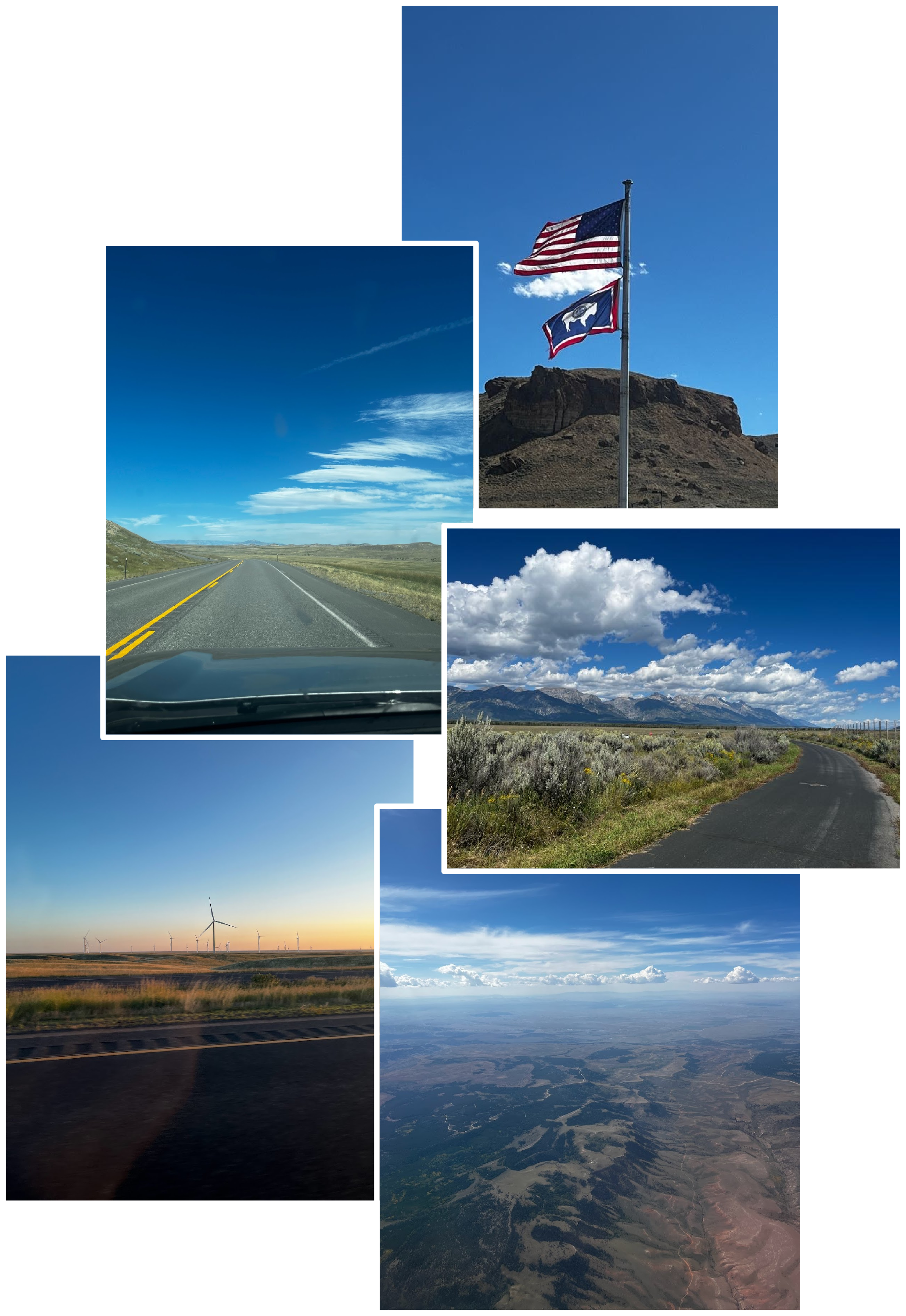
Snapshots: A Journey to the Promise of Public Education in Wyoming
Over the past several weeks, we have circumnavigated the state, covering 1500 miles as we traced the perimeter, touching down in nine school districts. Each district is realizing ambitions for what is best for their kids. There is so much pride in each community; for their schools, and the promise of public education to support each and every learner. One urban district has over fourteen thousand learners; another has 45% English Language Learners, many of whom are newcomers to the state; another has 114 learners in the entire district. Each of these places is different, and each has a unique approach to student-centered learning.
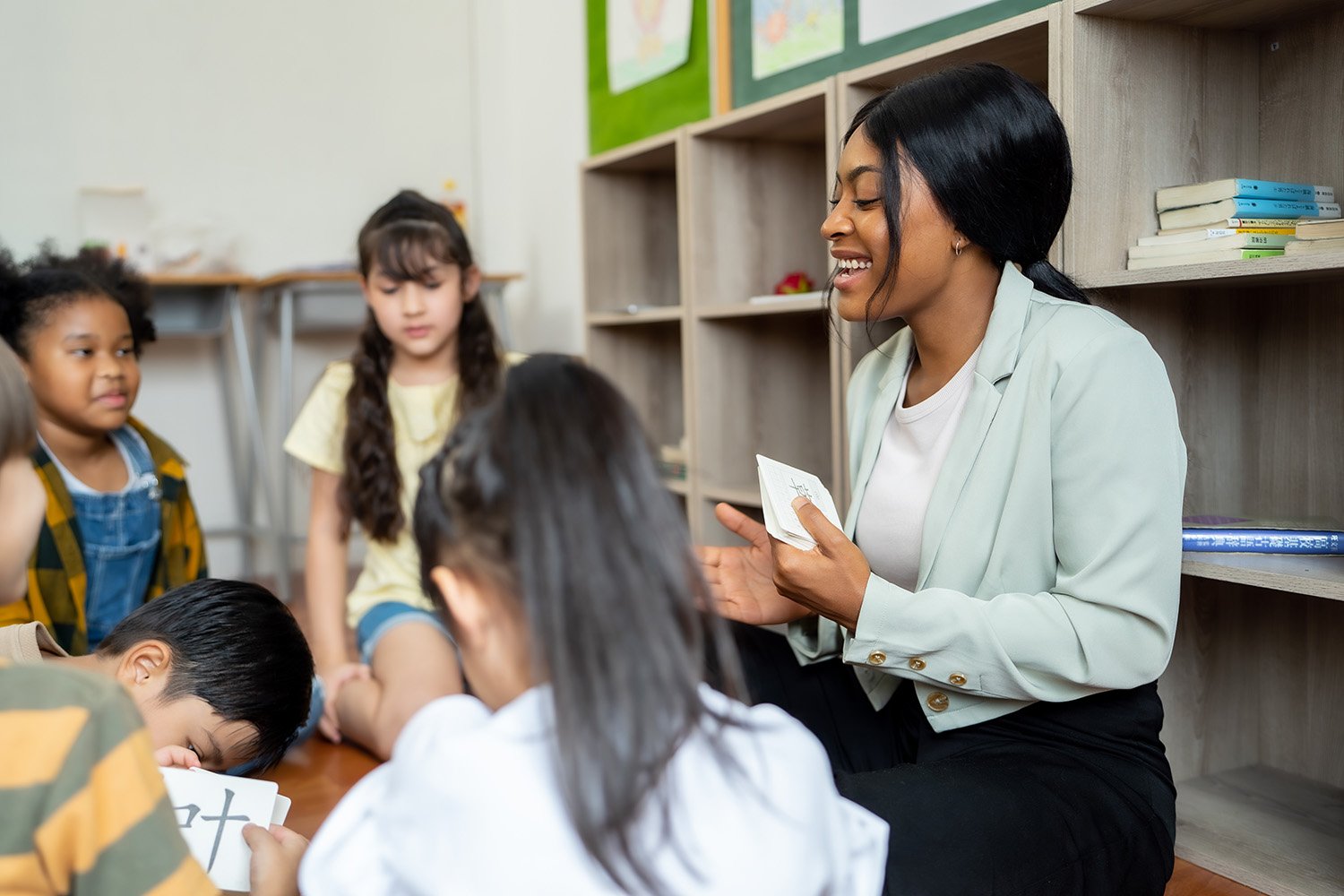
Finding Joy
Finding joy in the work. Such a simple, honest and human-centered goal for why educators would pour their heart and soul into their school and students. In its purest form, finding joy in the work is simply to find value. While the specific aspect that is particularly joyful for each person might be slightly different, the core is common- and arguably a non-negotiable foundation for creating an effective learning environment. So why are they trying to find it? Where did it go?

The Chicken or the Egg?Navigating Policies and Practices
What came first, the chicken or the egg? This old adage has arguably been up for debate since the question was first posed. While it can be argued that the chicken had to be first for the egg to appear, don't all chickens in fact start out in eggs? Similarly, which is more important: having a policy that is permissive and enabling, or having solid systems and best practices in place to realize the vision of the policies?
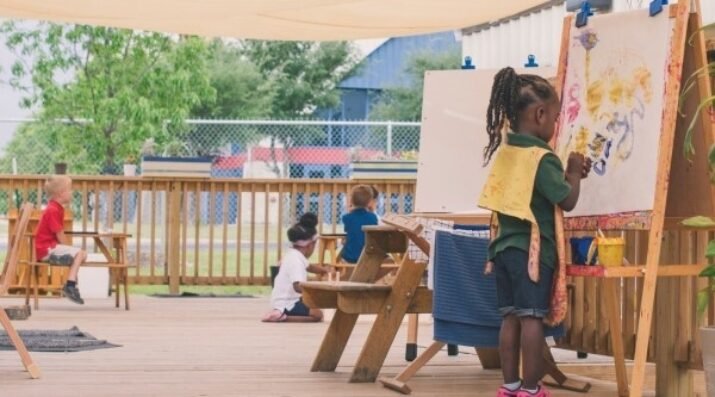
Against Extractive Assessment
If we want to lessen the extractive forces in our educational system, we might look to less aggressive forms of information gathering in learning and assessment.
